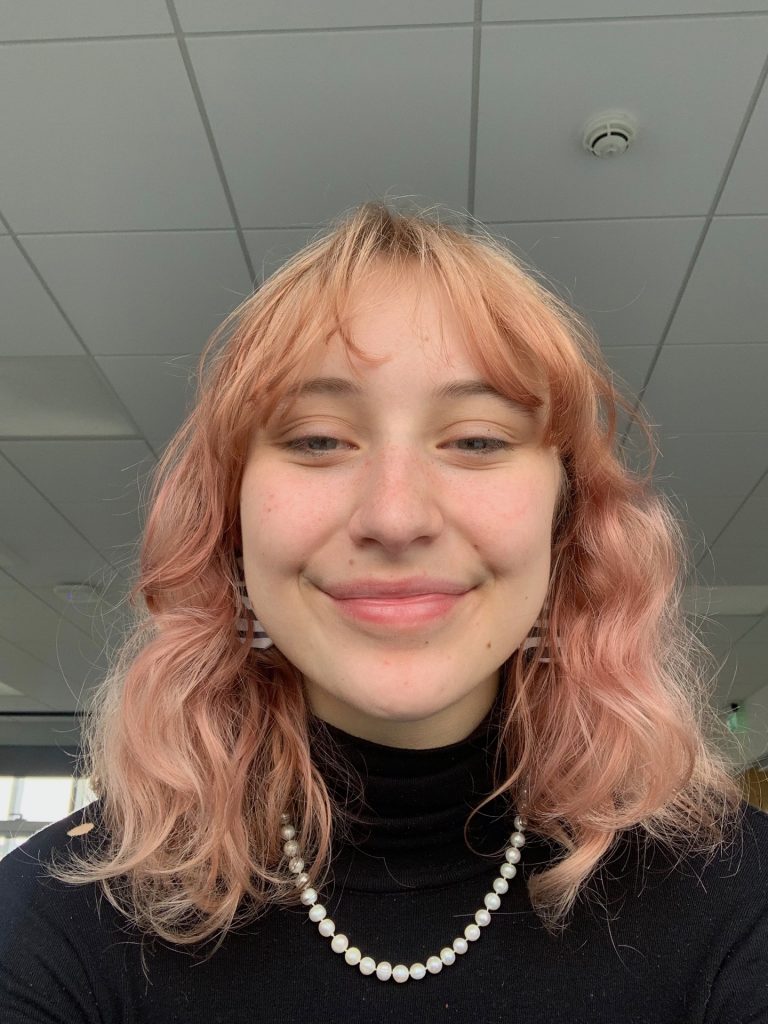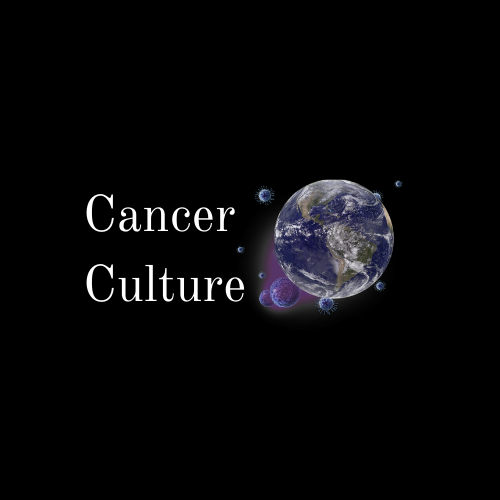In this series, Dr Jessica Moody, unit co-ordinator of the third year Practice-Based Dissertation option, interviews students about their projects and experiences of this unit. The Practice-Based Dissertation was first introduced at Bristol in 2020-21 and enables students to produce a practical, public-facing ‘public history’ output as well as a 5000 word Critical Reflective Report.
In this interview, Jessica talks to Cissy Walmsley about her project.
JM: Let’s start from the beginning, what made you choose the Practice-Based Dissertation over the standard Dissertation?
CW: I want to work in the field of film and television, with a historical focus, post-graduation, so I was immediately intrigued by the possibility of creating a piece of film for my dissertation. Having a chance to gain insight into the industry was such a fantastic opportunity, and not one I thought I would be presented with within my BA, so I was really excited about it. I was a little nervous about the choice, but I had loved the Public History unit we completed in second year, so I knew it was something I was passionate about. As someone who is most comfortable thinking creatively, I realised I was much more suited to the practice based than the standard 10,000 word dissertation.
JM: Could you tell us about your public history project?
CW: I created a 30-minute documentary called ‘Cancer Culture’, which considered the cultural significance of cancer in the United Kingdom from a historical perspective, with a particular focus on gender and accessibility of treatment.
JM: Why did you want to undertake this project?
CW: My father died from cancer when I was 16, so there was a personal desire to understand the disease better. During my father’s illness, I had become aware of the fear surrounding cancer, and the many different ways people approach and talk about the disease, describing a patients treatment as a battle, for example. I wanted to understand the roots of this fear and this war imagery. My father had received treatment through the NHS, and while his individual doctors and nurses were fantastic, I wanted to directly address the underfunded and overworked side of the NHS, and how this impacted patients.
JM: What did you enjoy most about the Practice-Based Dissertation?
CW: I loved the opportunity to be creative. Spending days in my room filming different scenes and editing sections together, it gave me real insight into the media industry, as did working with an artist on the score. I saw the potential for collaboration between creatives. Most of all though, the chance to connect with other women who had lost loved ones to cancer, and who had undergone treatment themselves, is something I will always be grateful for. As I say in the introduction to the documentary, our conversations created something positive from the pain caused by cancer.
JM: What did you find challenging?
CW: I did find these interviews challenging. Asking strangers to share such a traumatic and personal part of their lives with me was a big ask. I made the decision to tell them about my own loss, which meant that these interviews became conversations about shared experiences, rather than more formulaic questions and answers.
JM: Did you come across any problems that you needed to address or solve?
CW: For certain aspects of the history, primary sources were simply not available. Particularly for the very early history of cancer, which dated back as far as 2500BC. This was initially a problem, as I had nothing to show whilst I was speaking during this section. In the end, I decided to include hand sketched animations, carried out by myself, depicting these different subjects.
JM: What do you feel you’ve learnt from this process?
CW: It may seem a little cliché but I have definitely learned to think outside of the box, though I only named one there were countless small problems and hurdles to overcome throughout this process. I don’t think I could have kept going had I not been so passionate about the subject. I also learnt that including your personal relationship to the history in the project needn’t distract from the content, and can in fact strengthen it.
JM: What do you think public history needs more of? Do you have any reflections or advice from your project for public historians?
CW: I think public historians have the opportunity to show the importance of the historical discipline, and to show how interesting it is. We can take a subject which one might not immediately think of as having a historical perspective and demonstrate how this can actually say a lot about our relationship with it. I would advise other public historians not to shy away from using their work to address issues in the present day. Again, this can be a way to illustrate the relevance of the historical profession. For example, though ‘Cancer Culture’ was primarily about history, I used this history to question our fear surrounding the disease, and to challenge viewers to help dismantle the stigma surrounding the ‘C-word’. I also directly called out our government for its lack of support for the NHS, by comparing the current situation to historical cancer treatment.
JM: What advice do you have for students just starting the Practice-Based Dissertation?
CW: Don’t give up! There were points where I couldn’t imagine finishing the project, but it has been one of the most rewarding aspects of my university career. Though it might seem like a bigger workload than a standard dissertation, I actually found it to be a lot less stressful in the long run, as the bulk of the work took place earlier in the year, before other coursework was due in. Most importantly, if you are excited by the idea of the practice based, go for it!
JM: How can people find out more about your project?
CW: You can find the full documentary on YouTube by following this link: https://youtu.be/6G0VBsSNrXE
There is also an Instagram page:
https://www.instagram.com/cancer_culture_documentary/?hl=en
And feel free to get in contact if you have any questions!


